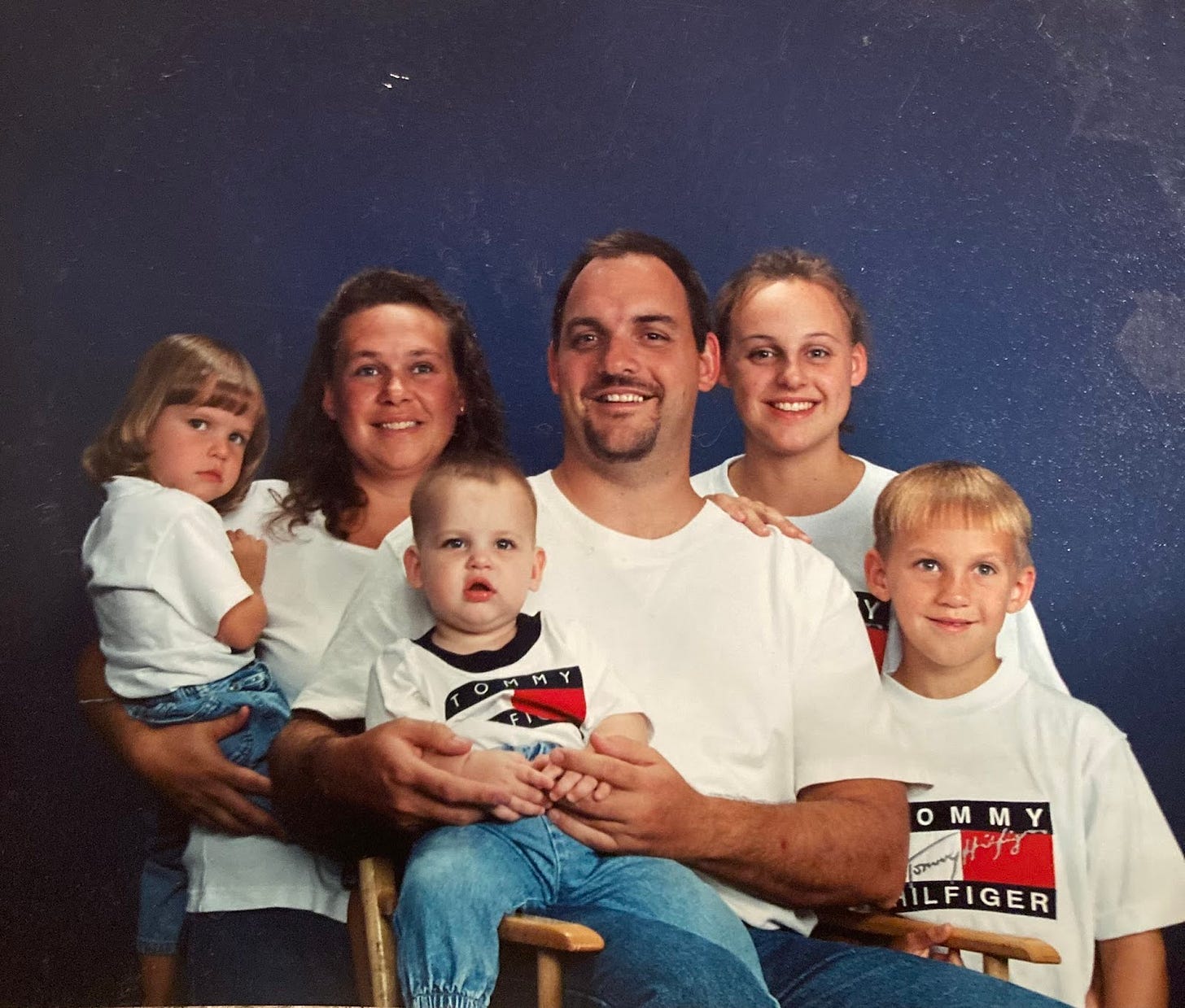We are pausing the newsletter
Don’t worry! We’ll be back soon.
Howdy, folks! Hope you’re staying safe and hydrated.
💰 First, remember frontline worker pay
Employers should’ve given notice to current employees about the application for Minnesota’s frontline worker payments by yesterday. The application is open until Friday, July 22. Apply here and read some stories.
⏳ Workday Minnesota will be going through some transitions and training, so we’ll be taking a break from publishing this newsletter for a little while
Congratulations to Filiberto, who is leaving his position as the almighty editor of Workday Minnesota and his place here to return to his home of California and work as a Communications Specialist for the California Faculty Association. His mentorship and compassion left a tremendous impact on me as a young journalist and I’m honored to continue creating with this publication. After he officially peaces out, I’ll be managing the website until we find a new content editor. We’re accepting applications on a rolling basis, so if you or anyone you know is qualified and interested in shaping the future of Workday, please consider applying by Monday. I’d love to hear from you! You’d get to work with me (easy peasy and honestly, a perk).
To read the job description and apply:
Go to https://humanresources.umn.edu/content/find-job
Click on "External Candidates"
Search for Job ID 348687
The position is titled “Content Editor: Workday Minnesota”
💬 During the pause…
I’m going to focus on finishing up some stories and starting some new ones about young workers, abortion, and more. I’ll be attending a local writing workshop for service workers in July. Also, I’ll be taking a training course on ambiguous loss. I had the privilege of interviewing Dr. Pauline Boss, an emeritus professor and family therapist at the University of Minnesota who pioneered the field of ambiguous loss as a theoretical lens. I was able to talk with her about my own family’s experience with loss.
Last week, my family finally gathered to celebrate the life of my dad, who died last December due to COVID-19 complications. He’d been an essential worker at Home Depot since early 2020. You can listen to him and the rest of my family talk about their essential work during the pandemic here. Listening to our family’s story had a transformational, emotional impact on him. He told me he cried. Growing up, I wrote a few letters that made him cry. But this was different–this was our family’s collective voice. I’m not sure if he ever truly understood the impact he had on us, good and bad and in-between. I’m still trying to understand.
I’ve wanted to write about him, his relationship to work, and his death, but am still finding the strength to do it. I’ve studied psychological and cultural aspects of death and dying in classroom and workshop settings before. My intention is to use the workshop and training to figure out how to write about my dad and my family in a way that helps other working families cope with loss. This is how I find meaning in the meaningless.
Our social rituals and perspectives around death are limited. There’s no way we have enough therapists to address the amount of trauma we’re seeing, especially during mass death events that disproportionately affect working-class and poor people. If we are going to heal, we must help one another. By helping one another, we help ourselves, and vice versa. We are each other’s harvest.
I’ll be exploring all these ideas and more, but in short, ambiguous loss is the idea that we’re grieving a lot of things in a lot of ways. We grieve lost income, jobs, businesses, and health. We grieve our sense of belonging and identity. And we grieve loved ones, coworkers, community members, and public figures, especially when we don't get to say goodbye to them.
I’m excited to learn more about the lens of ambiguous loss and apply it to my work as a writer, storyteller, and conversationalist.
As always, thank you for reading this newsletter, and thank you for supporting our work.
Crafting my portal to rest and remember. We are each other’s harvest.




